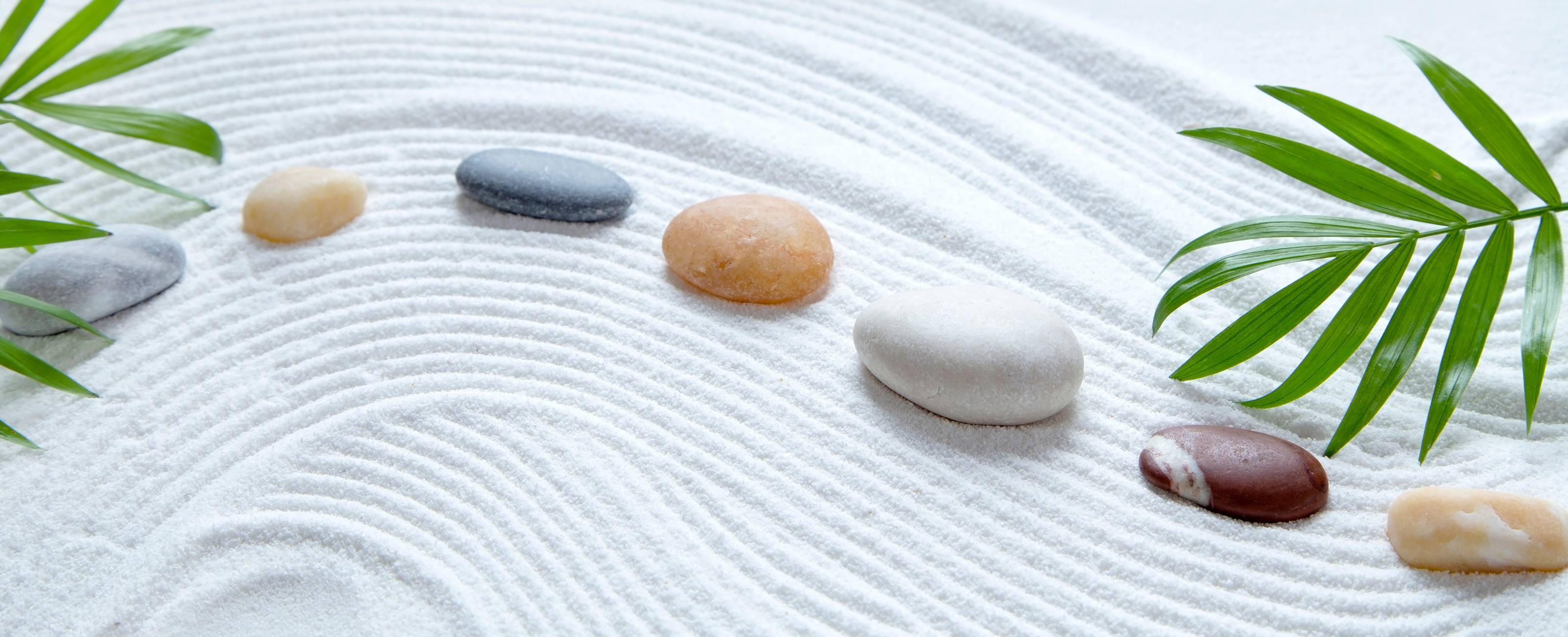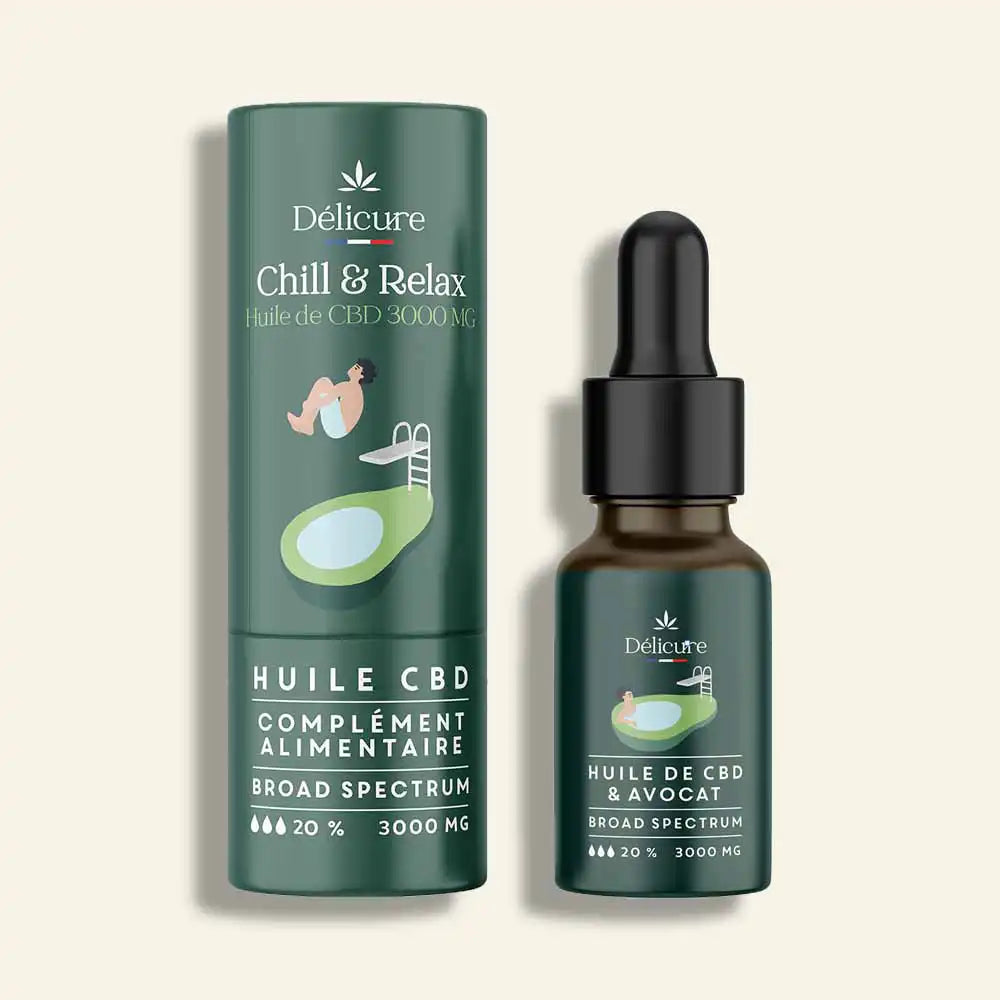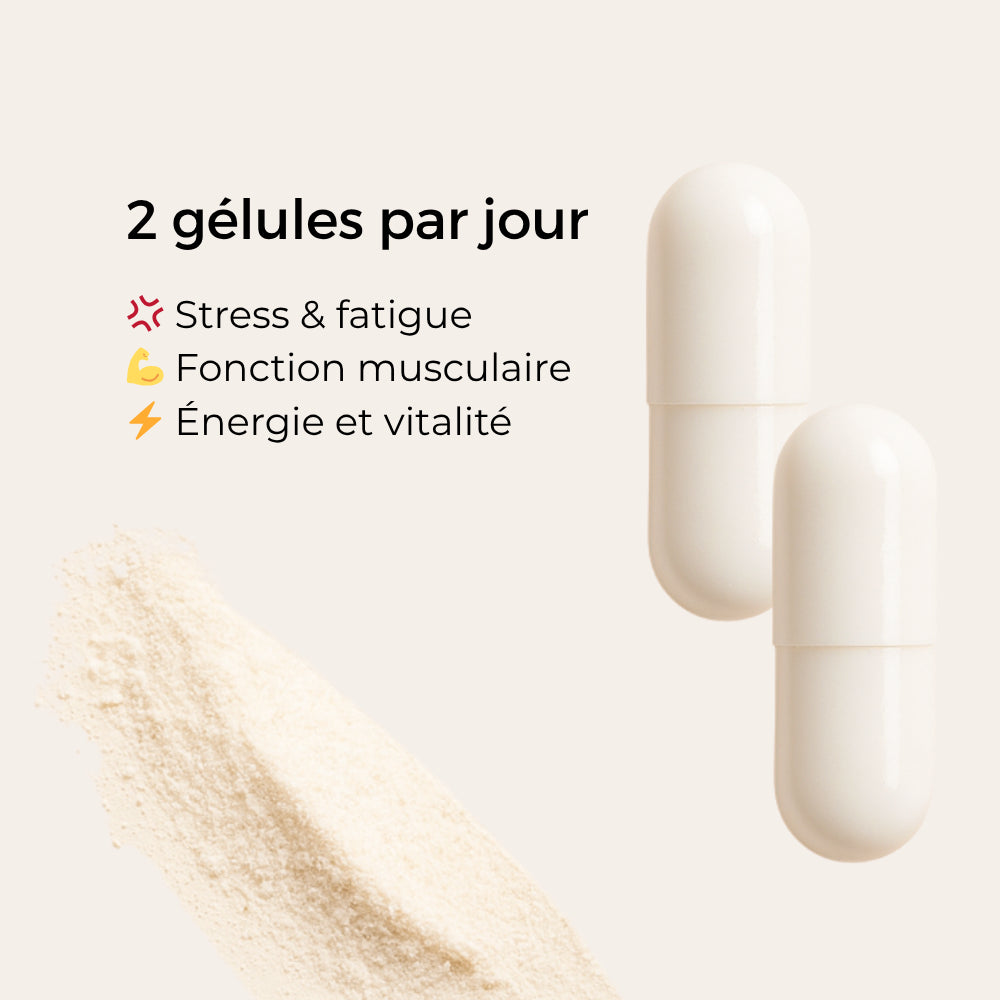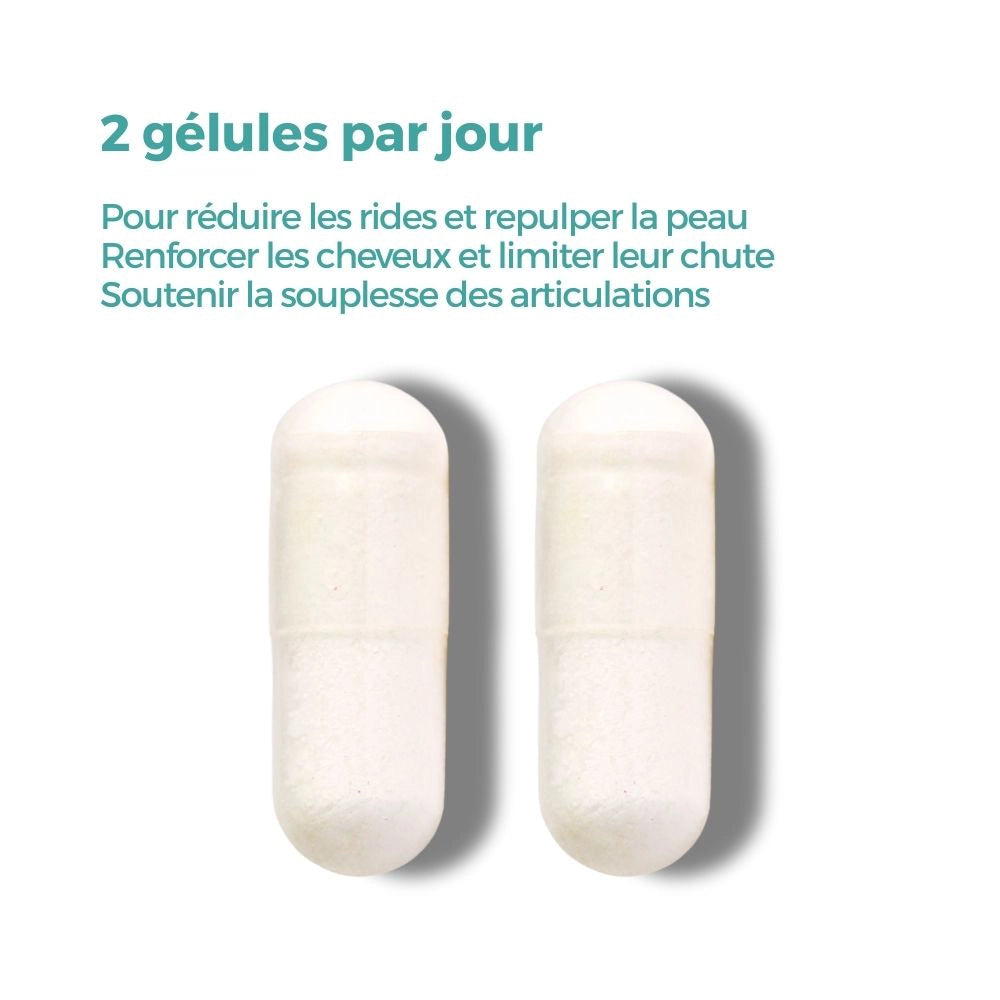
How to relieve stress naturally?
Do you often feel stressed and don't know how to deal with it? In this article, we'll explore different methods for relieving stress naturally. We'll cover identifying stress, the importance of physical exercise, and regular meditation. We'll also discuss anti-stress diets, the crucial role of restful sleep, and the benefits of natural plants, incorporating relaxation tips and techniques to improve your daily life.
Identifying stress
Identifying stress is the first step in learning how to manage it naturally. It's important to understand that it's not always a bad reaction. It's our body's instinctive response to challenges and changes. However, if it's chronic, it can harm our physical and psychological health.
To determine your stress level, analyze your bodily reactions: rapid heart rate, excessive sweating, or insomnia may be indicators. Emotional signs such as irritability, anxiety, or sadness can also signal high stress levels.
It's crucial to be aware of these signs to act quickly against stress. We encourage you to regularly record your feelings to better identify the triggers of your anxiety and how they manifest themselves in your daily life. This awareness will not only help you anticipate potentially anxiety-provoking situations but also adopt stress-relief methods more appropriate to your individual needs.

Physical exercises
Once you've identified the causes of stress in your daily life, it's essential to develop effective strategies to eliminate it. Physical exercise is a key element in this approach.
Physical activity not only helps release endorphins—commonly known as happy hormones—it also contributes to improved sleep quality and, consequently, reduced stress levels. Regular exercise has been proven to be a natural and effective way to combat stress.
You don't have to join a gym or a club to reap the benefits of exercise. A simple brisk walk or stretching session can be enough to stimulate blood circulation and release accumulated muscle tension, improving your daily serenity.
Regular yoga practice can be particularly beneficial. This discipline combines body movements, deep breathing, and meditation, making it a valuable tool for managing stress, promoting relaxation, and maintaining balance in your daily life.
Remember, the most important thing is to adopt an activity that appeals to you and that you can do consistently. By incorporating these positive habits into your daily routine, you'll quickly see their positive effects on your stress levels.
Regular meditation
Regular meditation is a powerful tool for naturally relieving stress. By establishing a daily discipline, we have the ability to calm our minds and focus them, which directly influences our stress levels.
The fundamental principle of meditation is mental concentration. By focusing our attention on our breathing or the vibrations of a mantra, we offer our consciousness the opportunity to free itself from the anxious and oppressive thoughts that can clutter it. This concentration calms the mind and promotes an inner state of serenity.
Numerous scientific studies have validated the therapeutic benefits of meditation in terms of stress reduction. It can reduce the stress hormone cortisol in the body and stimulate the production of hormones associated with well-being such as serotonin and oxytocin.
Incorporating this discipline into your daily routine doesn't require a lot of time. Even a few minutes each day can be enough to see positive effects. There are various types of meditation techniques (mindfulness, transcendental, etc.): choose the one that best suits you and commit to practicing regularly.
A regular meditation discipline can be a valuable weapon to effectively manage your daily stress without resorting to synthetic or potentially harmful solutions.
Anti-stress diet and the role of magnesium
A balanced diet plays a significant role in stress management. Certain foods are known for their anti-stress effects, particularly those rich in magnesium . This mineral is essential because it contributes to muscle and nerve relaxation, and can therefore help combat anxiety and chronic stress. Incorporating foods such as spinach, almonds, or dark chocolate into your diet can have beneficial effects on your daily life.
Similarly, nutritional advice may include reducing caffeine and alcohol consumption, which tend to exacerbate stress and anxiety. Hydration is also crucial; drinking enough water throughout the day helps maintain proper physiological balance, essential for managing stress in all situations.
The crucial role of restorative sleep
Restful sleep is essential for reducing stress. Lack of sleep can increase sensitivity to stress and make it more difficult to cope with stressful situations at work and in everyday life. Establishing a sleep routine, by going to bed and getting up at regular times, can greatly improve the quality of your sleep and therefore have a positive effect on your stress levels.
The benefits of natural plants and relaxation tips
Using natural herbs such as rhodiola , valerian, or passionflower can help reduce stress and anxiety. They can be consumed in the form of herbal teas, extracts, or dietary supplements and are often recommended for their calming and serenity-promoting effects.
Additionally, relaxation techniques such as aromatherapy sessions or listening to soothing music can be very beneficial. Music has the power to relax the mind and body, helping us find a sense of serenity in our daily routines.
Conclusion
Managing stress in your life requires recognizing the signs and taking proactive steps. Working on yourself through physical exercise, meditation, a magnesium- rich diet, restful sleep, and using relaxation techniques are all natural ways to reduce anxiety and improve your daily well-being. Don't forget that music and good advice can also be valuable allies in your fight against stress. Adopt these tips and you'll notice an improvement in your ability to handle stressful situations at work and in your daily life.


























